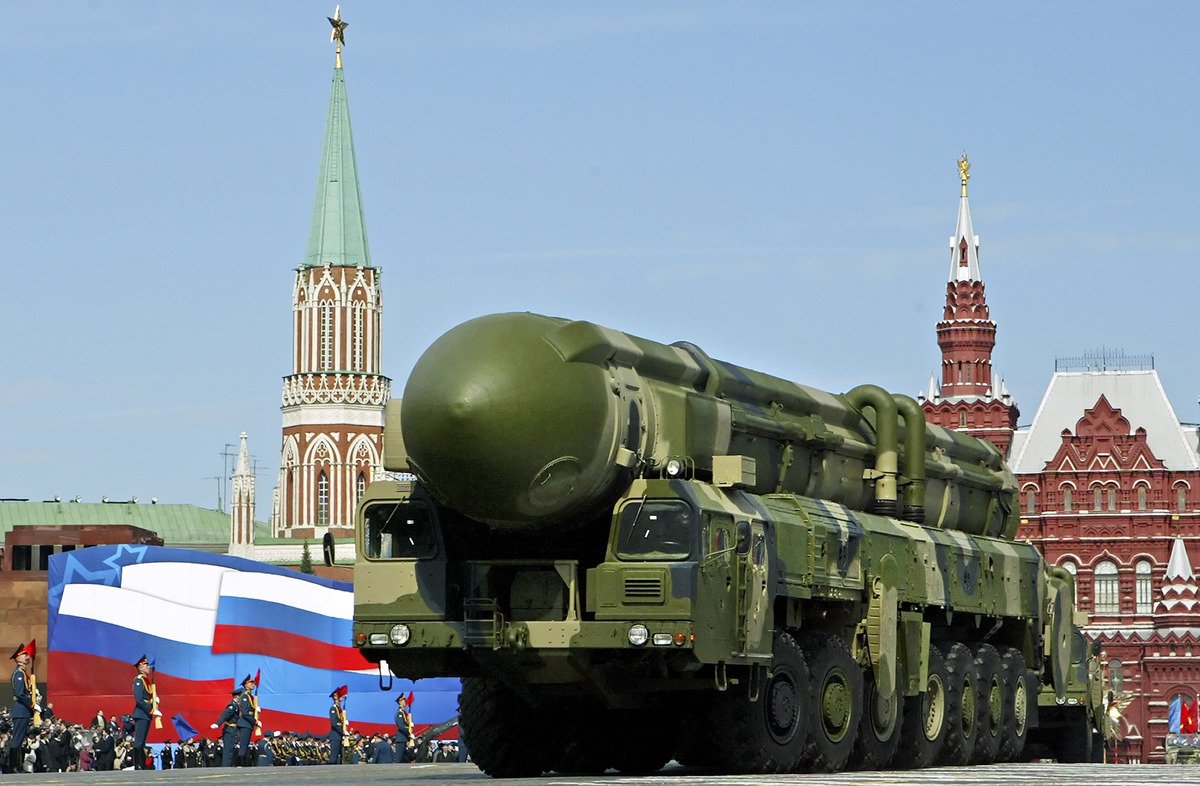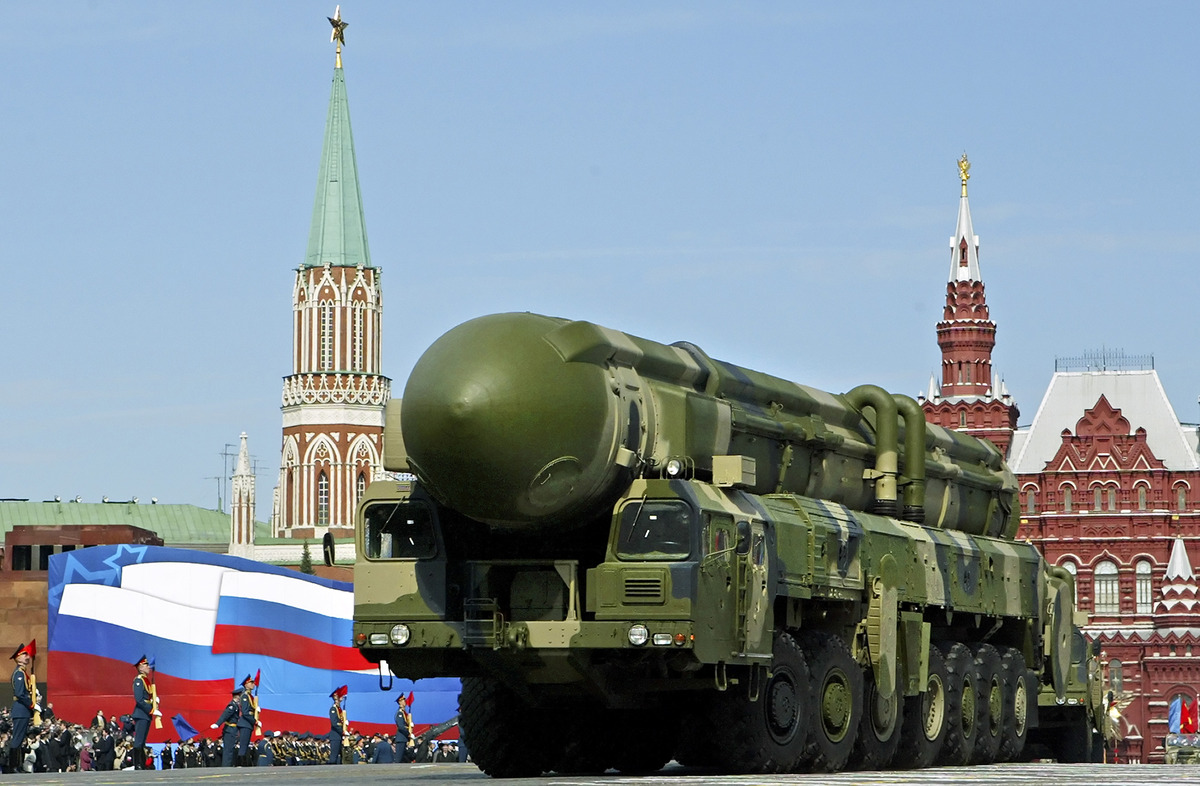Sweden is inspecting and renovating tens of thousands of shelters across the country, including facilities able to protect large groups of people, according to national authorities.
Why It Matters
Sweden, NATO‘s newest member, ended a long-held policy of not aligning itself with major military blocs after Russia launched its full-scale invasion of Ukraine more than three years ago, and quickly pulled up its military spending.
Sweden, along with its Nordic neighbors, has put an emphasis on civil defense, or non-military efforts of the entire population to shield civilians and vital infrastructure during war or disaster.
“Intensive work is underway” to develop civil defense, Swedish authorities say.
In November 2024, Sweden updated its official guidance for the public in a pamphlet named, “In case of crisis or war.”
“The elevated global threat level increases the risk that nuclear weapons may be used,” the leaflet said. Shelters “provide the best protection” against nuclear, chemical or biological weapons, the pamphlet told the Scandinavian country’s residents.

A Russian truck-mounted Topol intercontinental ballistic missile is seen in Moscow’s Red Square during the annual Victory Day parade on May 9, 2008.
A Russian truck-mounted Topol intercontinental ballistic missile is seen in Moscow’s Red Square during the annual Victory Day parade on May 9, 2008.
AP Photo/Alexander Zemlianichenko
What To Know
Sweden’s Civil Contingencies agency, referred to as MSB, said on Monday that it had started work on 25 of 80 “special shelters” in the country as part of a large-scale project expected to take up to three years. These large shelters hold thousands of people each.
Sweden has roughly 64,000 shelters scattered across the country, providing what the MSB describes as “basic protection.”
These shelters are concentrated in cities and other densely populated areas, and can accommodate a total of 7 million people.
Sweden has a population of just over 10.5 million people.
“It has never been the goal to build shelters for the entire population. Your location determines your need of a shelter,” according to the MSB.
The MSB was told by the government in early 2025 that it would help prepare a pool of citizens to operate the special shelters, and steward evacuees, the agency said.
In 2025, Stockholm has invested just over $10 million in inspections and refurbishing shelters, the agency said. Most of the already-inspected shelters needed only “minor” works, according to the MSB.
The agency will inspect thousands more shelters over the course of the year, and change the filters fitted in existing shelters to protect against chemical and radiological weapons, the agency added.
The shelters protect against shock waves and bomb fragments, as well as nuclear blasts and heat waves, according to the country’s official guidance. They offer “better protection” against radioactive fallout and chemical or biological weapons, authorities say.
The shelters can be used for other purposes during peacetime, but must be ready for use by the public within 48 hours if needed, according to Swedish authorities.
Norway has also published a leaflet on how to deal with “extreme weather, pandemics, accidents, sabotage—and in the worst case acts of war.” The country has roughly 20,000 shelters, able to accommodate 2.5 million people, according to national authorities.
Finland, too, has publicly-available guides on how it prepares for “the worst possible threat, war.” The country, which joined NATO in 2023 and shares hundreds of miles of land border with Russia, has more than 50,000 shelters with space for 4.8 million people, Helsinki has said.
The Baltic States on NATO’s eastern flank also have shelters for their populations.
What People Are Saying
Sweden’s public information pamphlet, “In case of crisis or war,” warns that people must be prepared for the “worst-case scenario – an armed attack on Sweden.”
Swedish Prime Minister Ulf Kristersson, said in January the country was “not at war,” but “there is no peace either.”
What Happens Next
The MSB will continue work on the remaining “special shelters,” and carry out inspections on the tens of thousands of other shelters across the country.
